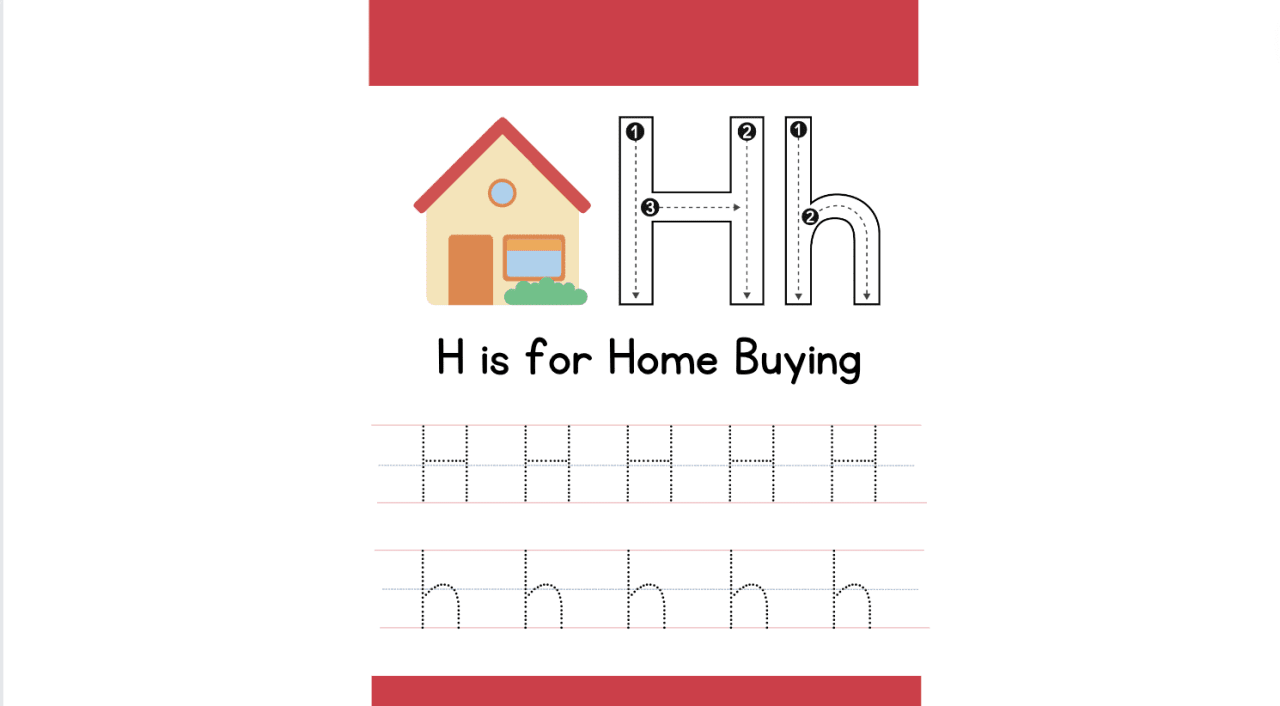Decoding the Dance of Mortgage Rates: What Really Influences Your Home Loan Interest
Valerie Mattei | November 12, 2023

Valerie Mattei | November 12, 2023

For any buyers, the current mortgage rates are certainly a hot button topic. Most people have been following the rise and potential fall of these rates. Just last week we were able to steer some buyers toward a reputable lender that got them a rate UNDER 7%. Unfortunately, nothing is guaranteed, but it does pay off knowing how these rates are created. Here is a quick introduction into the world of mortgage rates. Contact us with any questions or to be connected to a lender we trust to get you the best rates possible.
Mortgage interest rates can be influenced by a variety of factors, and understanding these factors is important for potential homebuyers and borrowers. Here's a brief summary of what affects mortgage interest rates:
It is essential for borrowers to keep an eye on these factors and consider seeking advice from financial professionals to make informed decisions about when to secure a mortgage and what type of mortgage to choose based on the prevailing interest rates and their own financial situation.
Stay up to date on the latest real estate trends.

Bay Area
Valerie Mattei | April 30, 2024

1st Time Home Buyer
Valerie Mattei | April 14, 2024

Home Buying
Valerie Mattei | April 4, 2024

Bay Area Events
Valerie Mattei | March 28, 2024

bridge loan
Valerie Mattei | March 13, 2024

Bay Area Events
Valerie Mattei | March 6, 2024

peninsula living
Valerie Mattei | March 1, 2024

1st Time Home Buyer
Valerie Mattei | February 23, 2024

1st Time Home Buyer
Valerie Mattei | February 16, 2024
You’ve got questions and we can’t wait to answer them.